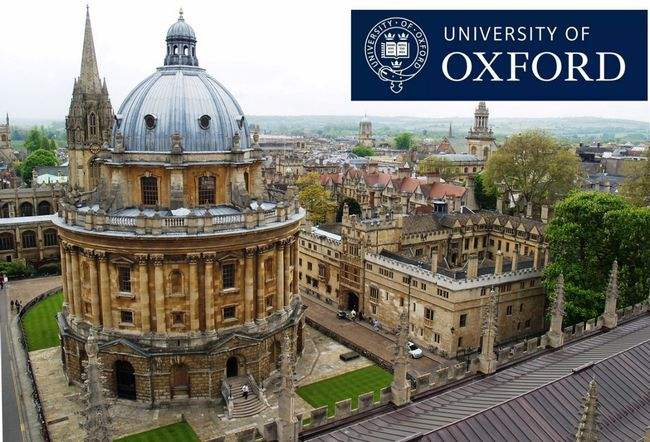
英国牛津大学博士后职位—细菌趋化性信号
Postdoctoral Research Scientist in Bacterial Chemotaxis Signaling
University of Oxford
Description
Nuffield Department of Medicine, Division of Structural Biology, Henry Wellcome Building of Genomic Medicine, Roosevelt Drive, Headington, Oxford, OX3 7BN Grade 7: £33,309 – £40,927 with a discretionary range to £44,706 per annum
We are seeking an enthusiastic and motivated Postdoctoral Research Scientist in bacterial chemotaxis signalling, to join Professor Peijun Zhang’s group at the Division of Structural Biology.
You will manage the project day-to-day, including both design and action of strategies in molecular biology, structural studies using cryoEM/ET and other appropriate methods, and publication of results. You will also use specialist scientific equipment in a laboratory environment. You will provide training to others in its use, as required, and act as a source of information and advice to other members of the group on scientific protocols and experimental techniques. You may act in a co-supervisory role towards graduate students associated with the research programme.
It is essential that you have a PhD/DPhil (or be close to completion) in the structural biology of proteins and protein complexes. You will have previous research experience in cryoEM/cryoET, and/or X-ray crystallography including both experimental and computational. You will have excellent communication skills, including the ability to present work at international symposia and to non-specialist audiences;
Applications for this vacancy are to be made online and you will be required to upload a supporting statement and CV as part of your online application. Your supporting statement must explain how you meet each of the selection criteria for the post using examples of your skills and experience.
This post is offered full-time on a fixed term contract until 14 October 2022 in the first instance, and is funded by BBSRC.
Please quote 154591 on all correspondence. Only applications received before 12.00 noon on 11 January 2022 will be considered.













